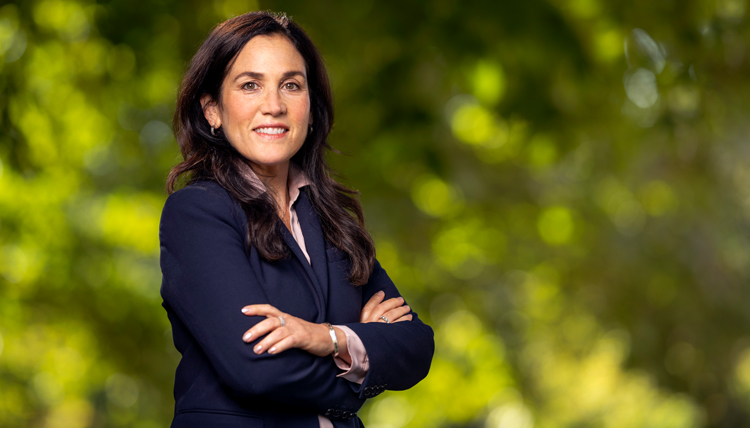A Word About the Office of a Pedagogy of Hope through Research and Practice
One of the most important things to ask as educators and people who work in communities is “who do I serve and how can I serve best?” Understanding the context in which we live is central to being in the service of others lest we should keep ourselves from engaging in a reciprocal act of kindness, generosity, and love – one that allows us to not only wish to thrive ourselves, but to wish the same for others. When we live in the fullness of being with and for others, we understand that there is pain that some may suffer that we do not and it can come in many forms.
Community members who come from marginalized populations are often the recipients of practices within schools that are at best unquestioned and at worst unnoticed. In like manner, the classroom situated within the university is a space that can be complicit in perpetuating the social reproduction of inequity for marginalized populations if it does not actively function as a principal actor in transforming the institution of education and the ways in which systems of oppression thrive and operate.
As with many K-12 classrooms, faculty within university classrooms (often with the best of intentions) can engage in practices that are a) unresponsive to the needs of marginalized students, b) lack a variety of perspectives or lenses through which their curriculum can be interpreted, and c) omit concepts or information, which further aids in the perpetuation of implicit bias in both theory and practice. Therefore, faculty within the university setting need to have a space in which they can engage with questions and conversations around how their professional practice can go beyond the surface and instead reflect a pedagogy where students are taught to read the world and apply their understanding in ways that interrogate systems of oppression.
The School of Education’s Office of a Pedagogy of Hope through Research and Practice (PoH Office) provides an avenue where faculty, staff, and students can engage with important questions that will change curriculum, practice, and relationships. The goal of the office is geared toward enhancing existing partnerships with organizations both on and off campus so that learning and acting with and for one another is a true community experience.
This office within the School of Education is an extension of the Gonzaga University ethos that claims the importance of questioning systems of oppression, since it is founded upon values that are centered on and support the “commitment to dignity of the human person, social justice, diversity, intercultural competence, global engagement, solidarity with the poor and vulnerable, and care for the planet.” Drawing from this mission, the office seeks to include community members as co-teachers, co-creators, and co-authors of transformation in a variety of settings – most importantly, the school.
Yolanda M. Gallardo
Dean, School of Education

